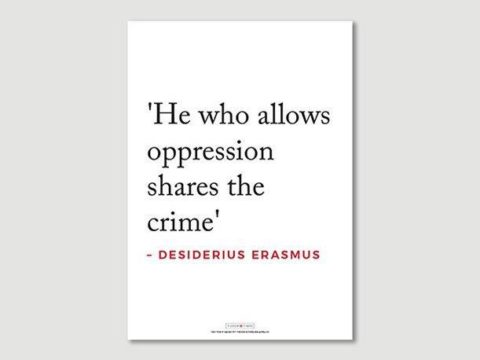James VI & I: Life Story
Chapter 16 : Across the Border
As the sixteenth century drew to a close, James became increasingly impatient to be officially recognised by Elizabeth as her heir - an action she refused to take. He did not necessarily help his cause by giving tacit support to the Earl of Tyrone, whose Irish uprising would embroil the English crown for some ten years. Although James made proclamations against his subjects giving Tyrone assistance, he failed to back up his words with gestures.
He was also making overtures to both the Puritan and the Catholic parties. He informed the Puritans that he would ‘maintain the profession of the gospel’ and not permit any other religion (than Protestantism) to be professed throughout the kingdom. At the same time, he was assuring the Catholic party that so long as Catholics maintained outward conformity to the law, he would not trouble them, and would, indeed, reward those who deserved it. These two statements can be made compatible, but only with a certain elasticity of interpretation – a thing in which James excelled!
There was a faction at Elizabeth’s court in the 1590s that was tired of the Queen, the dominance of Burghley and his son, Sir Robert Cecil, and eager for change. They began to correspond with James. Chief of these were Robert Devereux, Earl of Essex, and his sister Lady Penelope Rich, nee Devereux. James was rather non-committal in his responses to their overtures, and when Essex was finally executed for treason in 1601, James instructed his ambassadors to request Elizabeth to publicly exonerate James from any involvement. Naturally, Elizabeth declined to make any such statement.
With Elizabeth’s life obviously drawing to a close and his enemy, Essex, dead, Sir Robert Cecil began a correspondence with James in which he promised to smooth the way for James’ inheritance, a day which he claimed to hope was very far off. The third party to their secret correspondence was Lord Henry Howard, whose brother, Thomas, 4 th Duke of Norfolk, had been executed for conspiring to marry James’ mother. Assured of the support of the most influential minister in England, James waited more patiently for his turn. Cecil took the opportunity of the growing trust of James to undermine Elizabeth’s other favourite, Sir Walter Raleigh.
On 24th March 1603, Elizabeth breathed her last at Richmond Palace. The legend is that within moments, one of her ladies had dropped a ring out of the Queen’s bedroom window to the waiting horseman, Sir Robert Carey, who made all speed for Scotland and arrived in record time, late on the evening of the second day. The reality is a little more complex – whilst Carey had the ring, he did not set out for Edinburgh until he had been assured that the Privy Council intended to proclaim James as King.
James set out from Holyrood on 5th April 1603. Queen Anne was pregnant, so she remained behind, as did the royal children. It was planned that Anne, Henry Frederick and Elizabeth would follow the King shortly, whilst the little Prince Charles, who was not robust, would remain in Scotland for the time being.
On his last Sunday in Edinburgh, James made a speech to the congregation in St Giles Kirk, Edinburgh, in which he assured the Scots that they would lose nothing by his accession to the English throne – that he intended to establish peace and concord between the two nations and increase the prosperity of both. He would return, he promised, every three years - in the event, he returned only once, in 1617.
For the Scots, there was mingled pride that their King was now King of England, Ireland (tenuously) and France (in fantasy), and fear lest they be abandoned. There seemed little doubt that he would move south permanently, and that, after the anticipated reign of Henry Frederick, there would be no more kings born in Scotland. On the plus side, the costs of war, both human and monetary, would be likely to decrease, and trade might improve – although England’s chilly relations with France and Spain might not help that hope.
As he travelled south, James was met by swathes of courtiers, hoping to win favour early. In particular, the Catholics of the north hoped that tolerance would soon be the order of the day. However, as de Lisle points out in ‘Union of the Crowns’ whilst James might favour individual Catholics, Catholicism per se was just as unpalatable to him as it had been to Elizabeth in her later years.



